In Abu Qubei, a village west of Raqqa where 200 families live in tent-like residences, Doz organisation, meaning ‘Cause’ in Kurdish, has launched a remote education programme to support student development after schools were temporarily closed due to COVID-19. “It is a very useful programme during the pandemic,” said Sahar Alloush, the mother of a student who benefits from the project. “Children were deprived of education for a long period during Daesh’s control of the region,” she added.
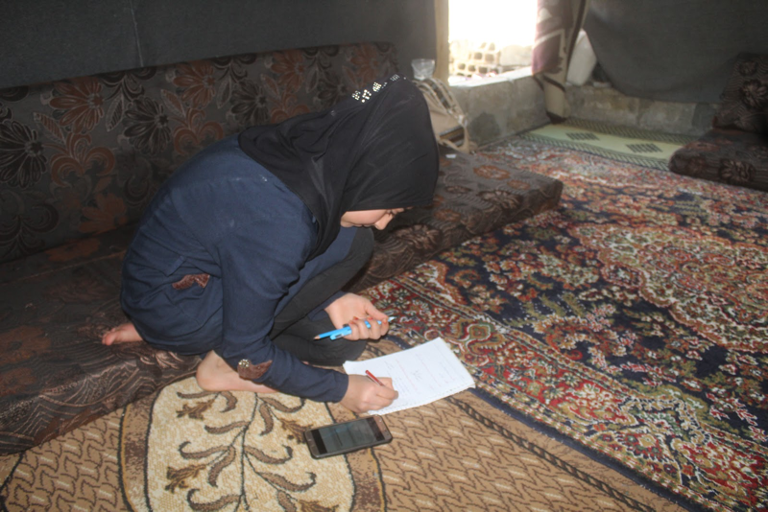
‘The Alternative Education Project’ was launched to compensate for the interruption in schooling for students during the current pandemic. This initiative illustrates the determination of local communities to use available means to overcome crises, including COVID-19, and ensure the continuity of education for children.
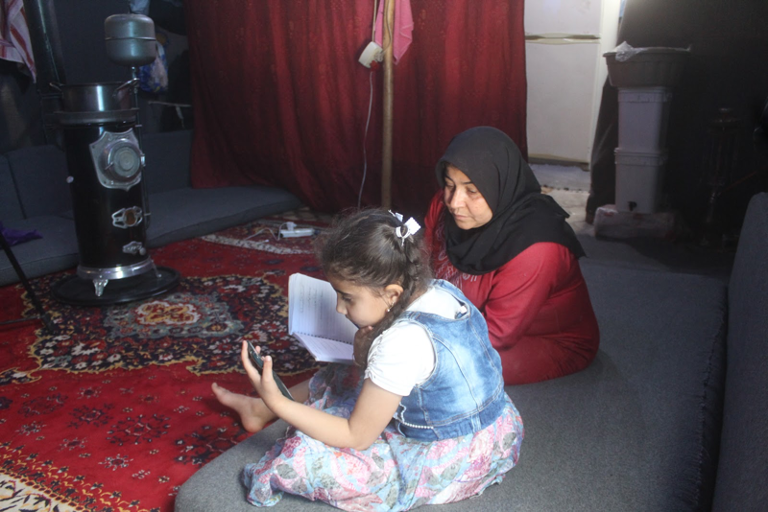
Using modest resources, 10 teachers have volunteered to prepare mathematics and Arabic language classes for approximately 135 young students in the village. The lessons are recorded as videos and shared with students and their families via WhatsApp groups.
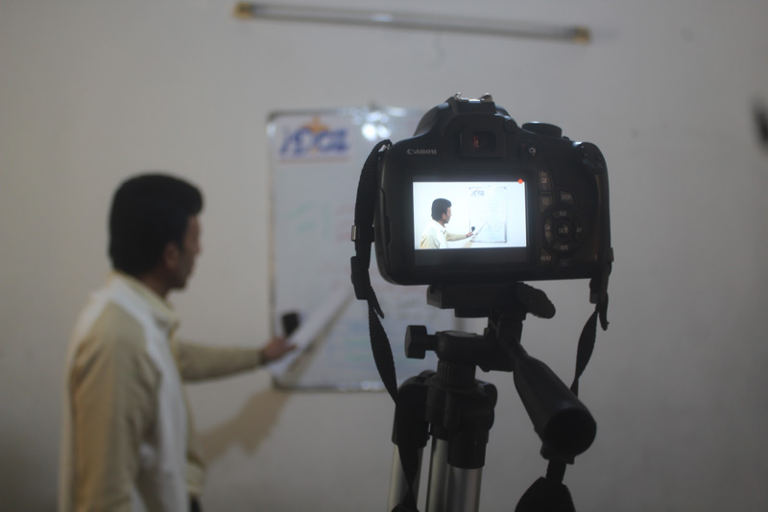
The project curators strive to connect students with the education system as much as possible, even if classes are delivered remotely. Students commit to a daily programme with specific times designated to complete their lessons and assignments. Nowras Al-Hamud, one of the volunteer teachers, highlighted that the project aims to make the classes as short and concise as possible, taking into consideration slow internet connection and limited technical capabilities.
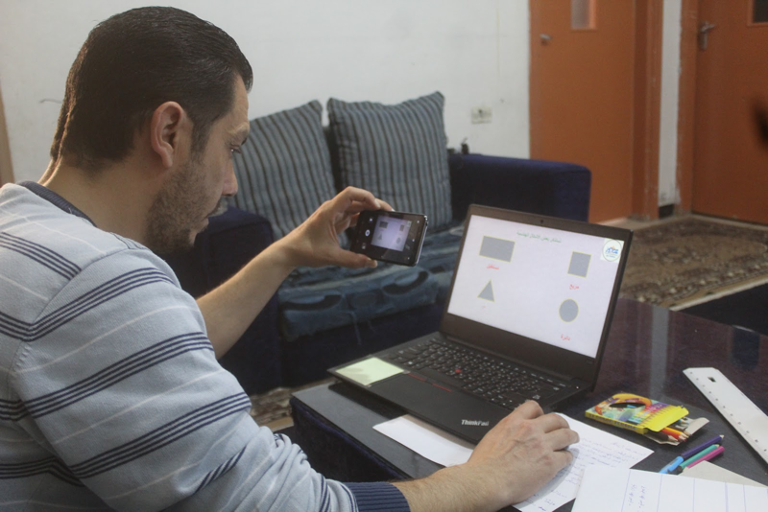
According to the project manager Ahmed Sheikho, students support each other by lending their phones to those who do not have devices, so more students can benefit from the project and access the classes.
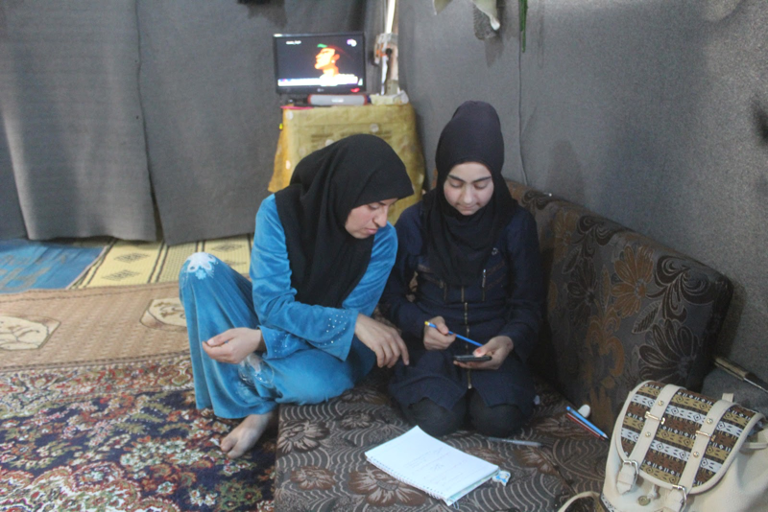
It is not the first time that children’s education has been interrupted in Raqqa. Just a few years ago, the whole education system was abolished under Daesh control. All schools were closed or converted to centres for radical teaching and training. Students were prohibited from studying science or art and were forced to study only religion. Three years after Raqqa was liberated from Daesh, more than 280 schools have been reopened across the province and the education system has been slowly recovering. Today, students are awaiting the end of the pandemic, so they can return to the “old ways” of completing their education

